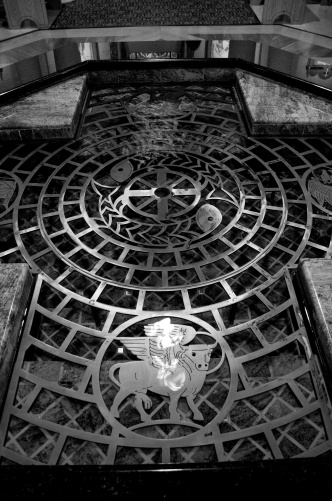Part 1: What Heartbreak and Heartache Have Taught Me About Myself
How do you live with heartbreak when you were never supposed to fall in love? What happens when you fall in love with a friend and you don’t want to ruin a friendship? How do you find the goodness in loving someone even if those feelings are, at some point, also romantic? I still don’t think I really know the answers to these questions, although the circumstances of my life seem hell-bent on teaching me. Heartaches and heartbreaks have taught me about myself, about my heart, and about my community. These are lessons I’m slowly learning, and I hope that in these ramblings maybe you too will find some semblance of an answer. At the very least, you’ll find something that you can empathize with, because at some point, gay or straight, heartache and heartbreak happen.
Twice in my adult life I’ve fallen in love with a man. Early crushes may have happened before adulthood, nothing significant enough to write about. The first time I fell in love was for a writer I’d gotten to know through his blog. I’ll call him Corey. As much as I struggled not to fall in love with Corey, I eventually did. I was madly in denial about what I was experiencing because it felt so incongruent with my values and, in many ways, pointless. Hundreds of miles separated us, and he never reciprocated my feelings, so there were fewer kicks to the face emotionally that would have made the nature of my feelings more apparent to me.

©️ Gregg Webb 2014
Caught up in all of the heartache was fear. I feared what these feelings meant for me and for my future life as a celibate gay man. I couldn’t figure out which of the feelings I experienced were acceptable and which I was supposed to try and kill off. It took me over a year just to start finding language I felt comfortable with to describe what I was feeling. In many ways, because falling in love seemed pointless as a celibate gay man, I just wanted to forget about the whole thing altogether. My heart, and sometimes my dear friends, never really let me ignore it entirely, though I tried. It took Spotify listing my number one song of 2014 as “I Don’t Wanna Love Somebody Else,” by A Great Big World, for me to begin accepting that even the music I was (cluelessly) listening to somehow expressed what I could not. Experiences like the one I wrote about in “Forsaking All Others“ also helped me come to terms with my myself and slowly began to help me identify what I was feeling. Continue reading →







You must be logged in to post a comment.